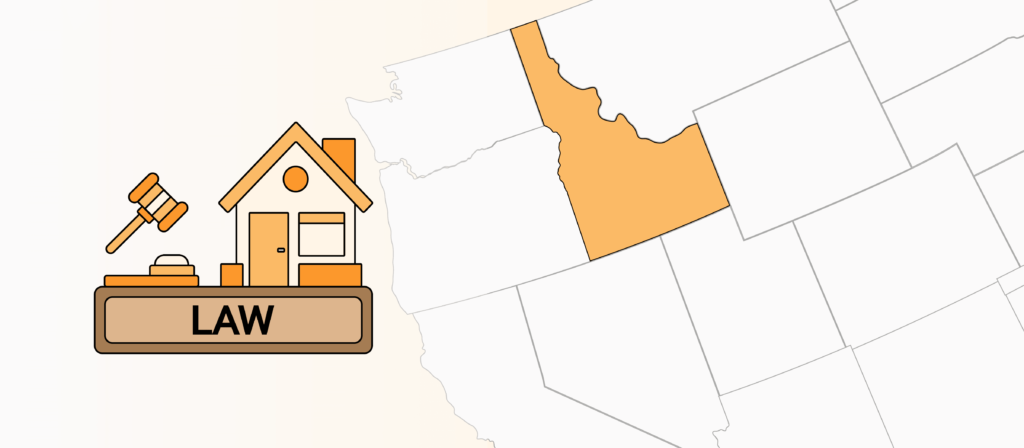As a landlord in Idaho, you need to navigate a complex landscape of legal requirements to protect yourself and your tenants. From lead-based paint disclosures to security deposit regulations, each aspect requires your attention. Understanding these laws not only helps you avoid liabilities but also fosters a fair rental environment. Are you aware of the specific eviction notice procedures and fair housing protections that could impact your rental practices?
Lead-Based Paint Disclosure Requirements
When renting a property built before 1978, you’ll need to be aware of lead-based paint disclosure requirements.
According to Idaho landlord tenant laws and Idaho renting laws, landlords must provide an EPA-approved pamphlet detailing lead-based paint hazards. If you discover any known lead hazards, they must be disclosed in your lease agreement. This compliance with required disclosures is crucial, as failing to inform tenants can lead to legal consequences. You’ll want to ensure that you understand Section 1018 of the Residential Lead-Based Paint Hazard Reduction Act, which mandates these practices nationwide.
Rent and Fees Regulations
Understanding lead-based paint disclosure is vital for tenants, but it’s also important to grasp the regulations surrounding rent and fees in Idaho.
In Idaho, there’s no cap on the apartment rental application fee, meaning you can set it as you see fit. Additionally, late fees aren’t regulated, so you have flexibility in determining how much to charge tenants for overdue payments.
While security deposits also have no limit, you must return them within 30 days after the lease ends, unless specified otherwise.
Security Deposit Guidelines
In Idaho, security deposits can be any amount, giving landlords the flexibility to set a deposit that reflects the property’s value and rental market.
You must return the security deposit within 30 days after the tenant moves out, unless stated otherwise in the lease. Remember, deductions can only be made for damages beyond normal wear and tear, not for everyday use. As a landlord, you’re not required to pay interest on security deposits, but it’s good to keep them in a separate account if managed by a third party.
Understanding these guidelines is crucial, especially in light of eviction laws in Idaho and Idaho landlord-tenant laws, to ensure compliance and protect both your rights and your tenants’ rights.
Eviction Notice Procedures
Although eviction can be a challenging process, knowing the proper notice procedures in Idaho can help you navigate it more smoothly.
If a tenant hasn’t paid rent, you need to provide a 3-day pay-or-quit notice. This gives them three days to pay the overdue rent or face eviction. For lease violations, issue a 3-day cure-or-quit notice, allowing the tenant time to correct the issue. In cases of severe violations, like drug-related activities, you can issue an immediate notice to quit. Always ensure your eviction processes comply with the Fair Housing Act and Idaho laws.
If you’re unsure about the steps or face a complex situation, consider hiring an attorney for guidance.
Fair Housing Protections in Idaho
Fair housing protections in Idaho ensure that all individuals have equal access to housing opportunities, regardless of their race, color, national origin, religion, sex, familial status, or disability.
As a landlord, you must be aware of these protections to avoid discrimination claims. It’s crucial to treat all applicants fairly, using consistent criteria for screening and renting. Be cautious with your advertising; avoid language that could be seen as exclusionary. Also, remember that making reasonable accommodations for tenants with disabilities is required.
Familiarize yourself with both federal and state fair housing laws to protect your interests and promote equality.
Conclusion
In conclusion, as a landlord in Idaho, staying informed about legal requirements is essential for a smooth rental experience. By understanding lead-based paint disclosures, adhering to rent and security deposit regulations, and following eviction procedures, you can protect yourself from potential liabilities. Moreover, being aware of fair housing protections helps you avoid discrimination claims. By managing your rental properties in compliance with these laws, you’ll create a fair and legal environment for both you and your tenants.

